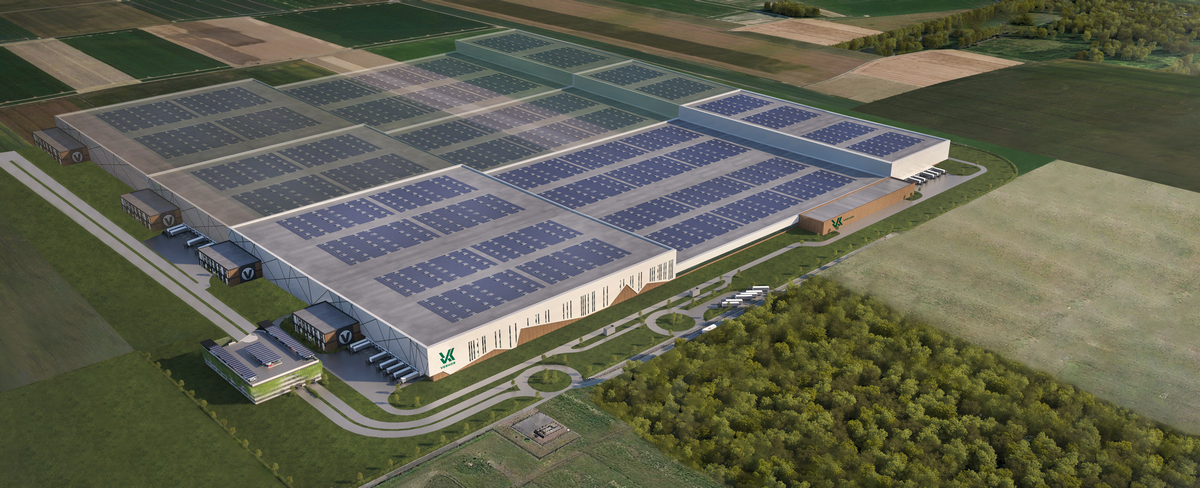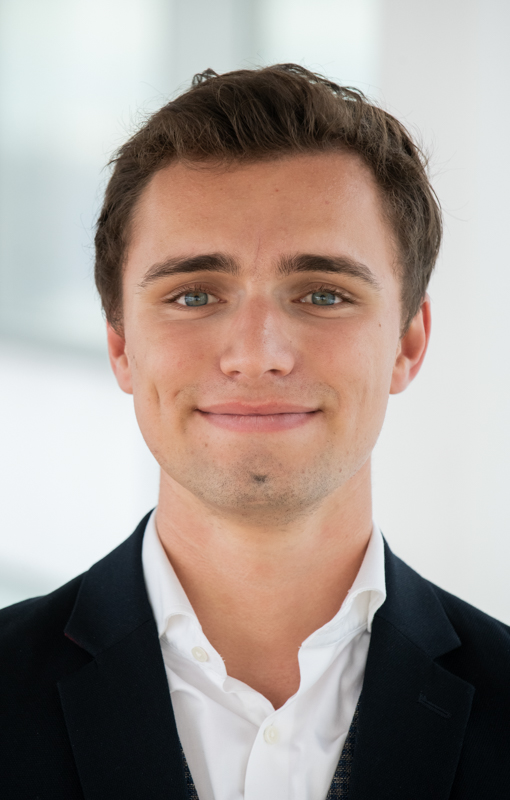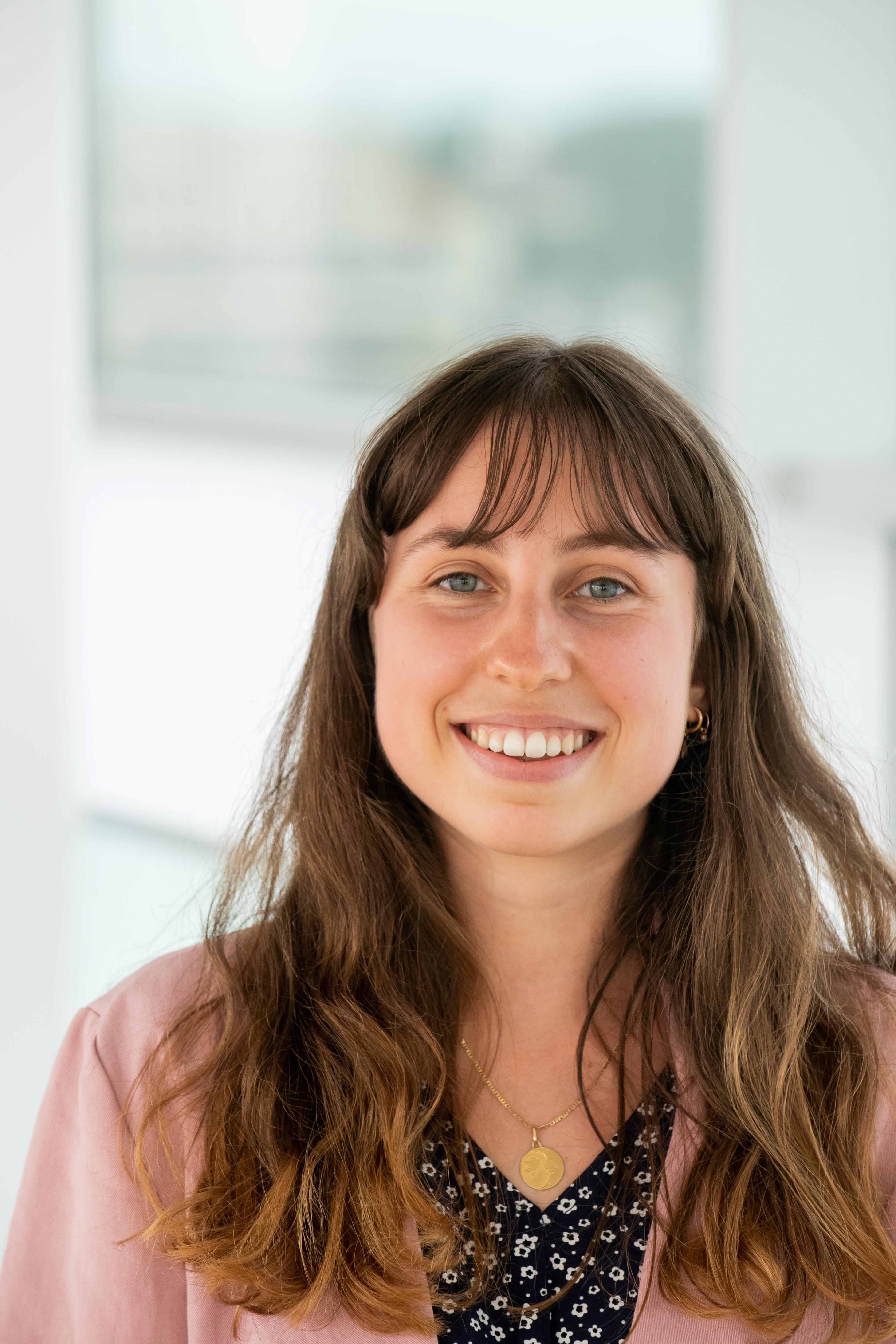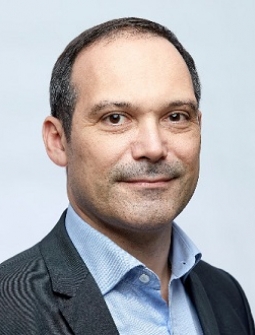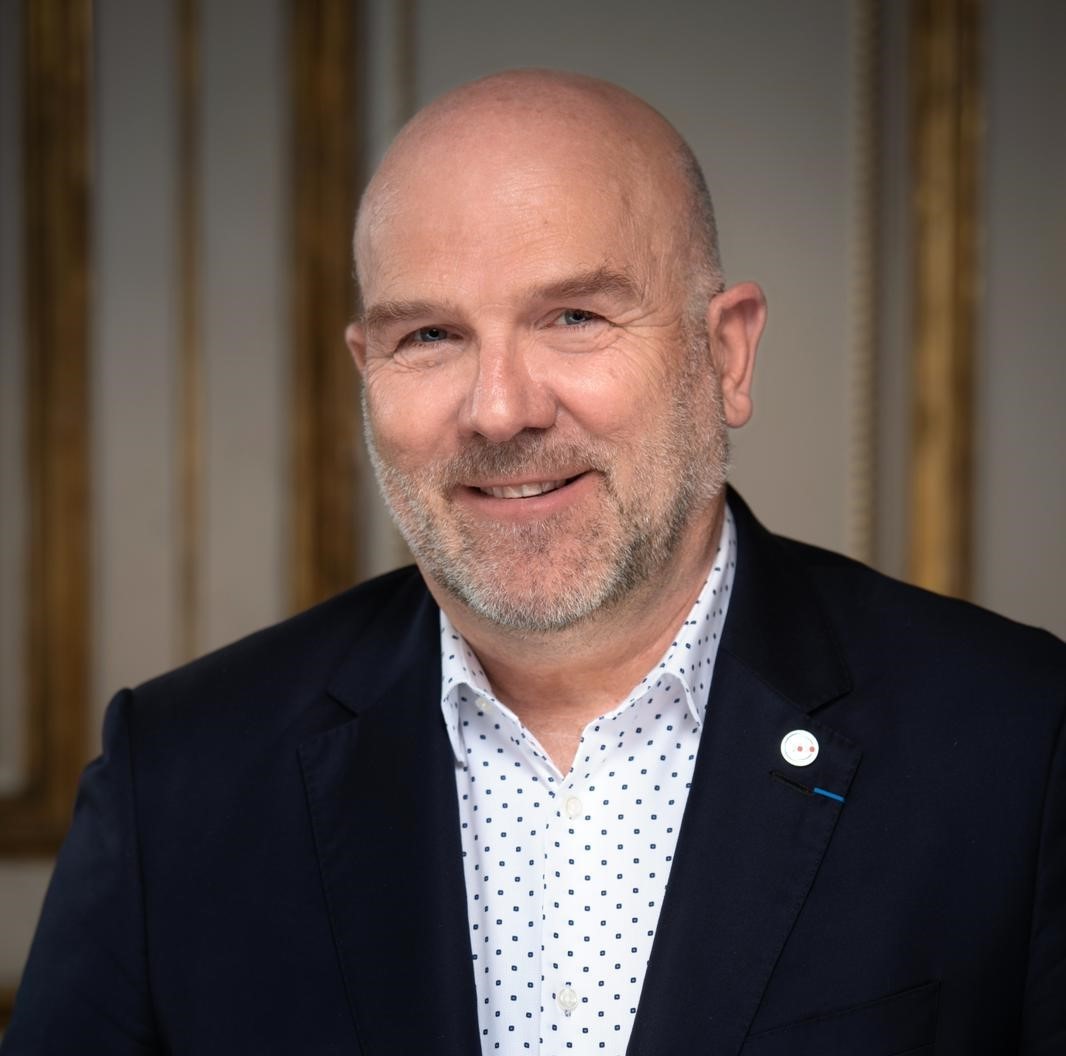
Mathias POVSE
Mathias Povse, Directeur of Regional Action, EDF Hauts-de-France :
“Today an industrial zone emitting CO2, the Dunkirk area can in the future become a reference point in terms of decarbonisation. This is the ambition that we’re sharing with the Greater Dunkirk Urban Council and the economic stakeholders. The potential studies carried out as part of the Epiflex initiative supported by EDF and the ADEME agency show that there is an interest in creating energy symbioses between the port’s industrialists in an attempt to ultimately reduce the CO2 emitted. We are also working on a prospective scenario for 2040 concerning the recovery of the port’s hydrogen waste and the production of green H2 distributed to industrialists in order to decarbonise their processes. What’s at stake is around 43,000 tCO2 avoided per year.
CO2 capture is a complementary force that we are exploring in partnership with our subsidiary Dalkia and the company STARKLAB. In terms of mobility, the potential need for H2 is also significant: public transport, boats, etc. To start, along with our subsidiary HYNAMICS and the Greater Dunkirk Urban Council, we are going to build an electrolyser after a waste recovery centre. It will be used to fuel refuse collection vehicles with decarbonised hydrogen and convert DKBuses. However, replacing fossil fuels with decarbonised energy, such as the electricity produced by the Gravelines power plant, the port solar park or the offshore wind farm in combination with energy efficiency solutions will be decisive for decarbonisation.“

